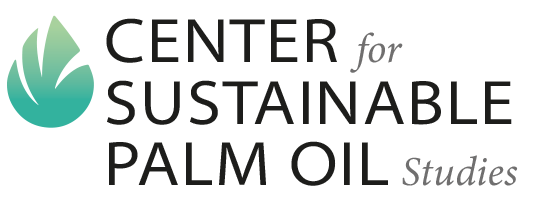
The British Government has initiated ground-breaking anti-deforestation legislation that would require larger companies operating in the UK to show where commodities such as cocoa, soy, rubber and palm oil originated from. Under this legislation it would be illegal to use products that fail to comply with local laws to protect nature in countries where those commodities are grown. This could set a global precedent for how to combine trade, agriculture, and profit in creating a better outcome for all.
The new legislation will also require companies to implement strict supply chain controls and due diligence to ensure compliance with regulations. The UK Government’s proposal for a regulatory approach avoids singling out any one commodity in particular, and instead seeks a comprehensive approach which regulates all relevant commodities.
The UK approach, therefore, out-competes the EU on multiple fronts and sets a global precedent and it also creates a fair playing field and avoids a discriminatory approach toward palm oil.
There have been some slow shifts in perceptions in Brussels with a June 2020 report in which European policymakers acknowledged that there was increasing scientific evidence that boycotting palm oil would actually worsen deforestation. The EU finally acknowledged that by banning palm oil demand would simply be redirected to less efficient oilseed crops which require more land to produce the same amount of yield.
Unfortunately, despite the change in perceptions, the EU still has no understanding of how to convince producer countries to accept certification standards devised in partnership with EU bureaucrats.
Brussel’s piecemeal approach has automatically alienated palm oil producers in Asia, while greenlighting imports of beef and soy from illegally-deforested zones and insulating the EU’s own oilseeds from environmental scrutiny. In fact the world’s foremost driver of deforestation-linked carbon emissions is beef.
A recent study attributes 34 per cent of deforestation-linked carbon emissions to beef, compared to 14 per cent for palm oil. The proposed new British law, however, provides an alternative approach to the EU. By fining companies selling products in the UK which are unable to prove supply chain compliance with local laws, they will be incentivised to source their products sustainably. And that in turn, for the first time, will incentivise local producers to comply with laws currently being flouted.In the case of the Amazon, it faces one of the most significant cases of deforestation in the world, and more than 90 per cent is conducted in violation of the law. However, consumer nations cannot do much to ensure that local laws are observed.
The UK has decided on a cooperative strategy that does not employ bans and boycotts, nor does it single out one commodity. Instead the UK is proposing a way of regulating all relevant commodities involved in deforestation, including beef, cocoa, rubber as well as soy. The British strategy encourages greater partnership between producer and consumer nations, which increases the chances of creating sustainable environmental production. Such a step symbolises cooperative approaches to combating climate change. It also incentivises sustainable production through a win-win partnership.
In this case the UK will find many opportunities in Malaysia which is one of the world’s largest palm oil producers. Malaysia is also home to the world’s first mandatory national oil palm certification scheme, MSPO. As of last July, 96.4 per cent of Malaysia’s palm oil estates are certified under MSPO, which has recently been praised by The Ecologist “for dramatically reducing rates of deforestation over the last three years. The palm oil industry has made substantial progress… Deforestation-free production for palm oil has become widespread.” In Malaysia this substantial progress on sustainable palm oil has been driven entirely by MSPO.
It is about time that partnerships between consumer and producer nations are developed to strengthen deforestation laws. If successful, the UK will have taken a giant leap forward in environmental legislation.







